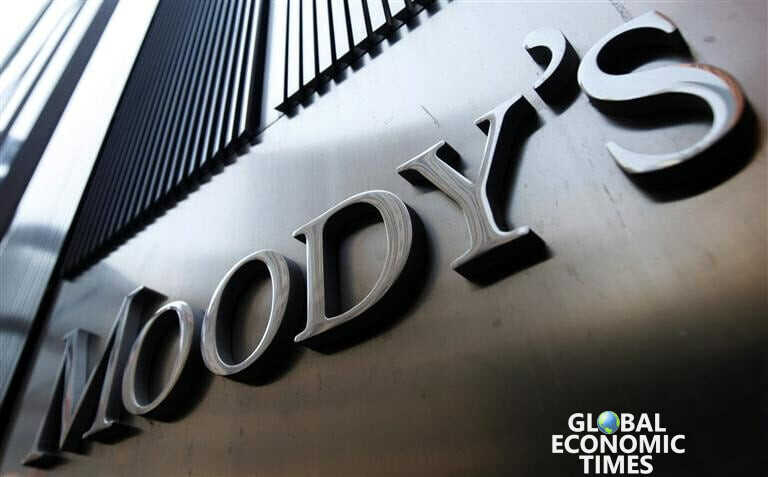
U.S. regional bank stocks, including Jefferies, Zions Bancorp, and Western Alliance, staged a significant rebound on October 17 following an earlier rout fueled by fears that credit deterioration could trigger a second Silicon Valley Bank (SVB)-style crisis. The market recovery was largely attributed to influential assurances that the current stress is not a systemic threat to the financial system.
Mark Zandi, Chief Economist at Moody’s, moved to calm investors, stating he saw "no signs of systemic issues" among regional banks, noting that while some weak spots existed, overall credit quality remained sound. Similarly, UBS strategists dismissed the prevailing fear surrounding credit risk as exaggerated given the U.S. market's solid macroeconomic foundations. The general easing of market anxiety was compounded by President Donald Trump confirming his plan to proceed with a summit with Chinese President Xi Jinping, alleviating trade uncertainty. Western Alliance also helped sentiment by reaffirming its existing earnings guidance to the SEC amid allegations of lending fraud.
Despite the temporary relief, concerns over latent vulnerabilities in the financial sector remain high. Analysts, including Wells Fargo’s Mike Mayo, caution that the current defaults are a consequence of years of loosened lending standards and weak risk management that proliferated during the long credit expansion phase, particularly amid ultra-low rates and high liquidity post-COVID-19. JPMorgan Chase CEO Jamie Dimon echoed this sentiment, suggesting that "weak links are beginning to show" now that the credit cycle has tightened.
The focus is now shifting to potential "ticking time bombs," notably the commercial real estate sector and the lightly regulated private credit market. The non-bank private credit sector is a source of particular worry due to its lack of transparency. Operating outside of traditional banking oversight, private credit funds rely on non-public agreements and internal models to value assets, making the true scale and concentration of risk nearly impossible for regulators to gauge. The increasing participation of banks through subsidiaries in the private credit space further heightens the risk of contagion, raising fears that unaddressed defaults could eventually spill over into the broader banking system. As FaveFinance’s Chief Analyst Peter Cores warned, the "overly opaque" nature of non-bank private credit could trigger market reactions even before problems become manifest.
[Copyright (c) Global Economic Times. All Rights Reserved.]





























